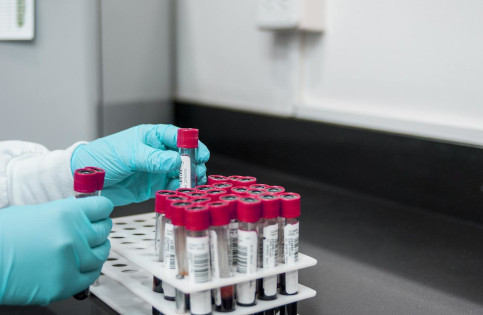Articles
Mesothelioma
 Mesothelioma is a malignant tumour development within the body's serous (pleura, peritoneum).
Mesothelioma is a malignant tumour development within the body's serous (pleura, peritoneum).
Depending on the part of the body in which it grows, is called pleural mesothelioma or abdominal (or peritoneal). The growth is largely local with problems related to the size and the infiltration of the surrounding tissues by the tumor mass and by the production of pleural irritation (or peritoneal) linked by the presence of aberrant cells. Histological or cytological diagnosis is possible by pouring liquid that is produced.
The first option (where possible) is surgical. In the peritoneal mesotheliomas use a technique called intraperitoneal chemohyperthermia with peritonectomy (hipec). Is to perform during the surgical procedure of removing the high temperature washing with chemotherapy in patient peritoneum (thereby increasing the effectiveness and penetration into the tissues).
In pleural mesotheliomas is undoubtedly indicated the talc (thoracic surgery procedure used to avoid the reformation of liquid). Locally to curb growth you can inject inside pleural of abdominal cavity (if you can't run a major surgical) a chemotherapy drug (usually mitomycin C). Mesothelioma has a rather slow growth over time even if it looks like a very difficult to fight because of its resistance to chemotherapy and radiotherapy.
More aggressive chemotherapy and modern schemas exist that can still reduce the tumor mass (the most used are the salts of platinum and pemetrexed). A modern experimental approach is the use of antiangiogenic (mainly bevacizumab) or immunomodulating drugs (nivolumab or pembrolizumab). This disease also presents the problem related to pain (often) due to local infiltration. Hyperthermia has a role in such tumor when there is not massive effusion (pleural or ascitic fluid). You can apply also hyperthermia if you drained liquids.
Prof. Carlo Pastore

